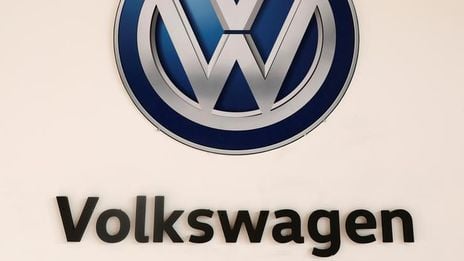Gas and Biofuels are crucial to achieving the Paris climate protection goals. According to the new emission standards in the European Union, CO2 emissions are to fall by 30 percent by the year 2030 compared to 2019 - a goal that can hardly be achieved with conventional drive types. Against this background, CNG is also becoming increasingly interesting for trucks and buses: as an immediately available and usable alternative. 'We can't wait until, in perhaps ten years' time, the electric drive becomes established on long-haul routes, for example,' explains Henrik Henriksson, President and CEO of Scania. Scania therefore welcomes the German Bundestag's decision to exempt not only electric trucks but also gas-powered vehicles weighing 7.5 tons or more from tolls. Henrik Henriksson: 'This will make this sustainable option even more attractive for freight haulers. CNG trucks emit up to 15 percent less CO2 than comparable diesel trucks.
MAN, Europe's market and technology leader for CNG city buses, also believes that a technology mix of gas, biofuels or highly efficient diesel and hybrid drives will play the most important role in the truck sector until electric drives are completely sustainable. The trend is certainly towards electric buses in the medium term, says Gero Hildebrandt, Product Marketing Bus at MAN Truck & Bus Germany. 'But the switch to battery drives only really makes sense when the energy transition to green electricity has been completed. Until then, the gas drive will be able to play to its strengths for a long time to come: CNG buses are very reliable, economical and, thanks to their Euro 6 conformity, extremely clean. In combination with gas from biomass or wind power, CNG city buses are even the most economical solution for a quasi CO2 neutral public transport system. More and more planners from a wide variety of public transport companies worldwide, including those in Seoul, Madrid, Paris, Copenhagen and Warsaw, are already relying on environmentally friendly CNG buses from MAN for air pollution control in local public transport.
At the 3rd CNG Mobility Days in Berlin, Volkswagen is also presenting a look into the future: The VW Passat CNG-PHEV is a research vehicle (study) from Volkswagen Group Research that combines a PHEV drive with a CNG internal combustion engine and thus saves another 20 percent CO2 compared to a standard VW Passat GTE. In this vehicle, the use of petrol is completely dispensed with, so that in combination with the monovalent CNG engine and the hybrid drive train, the emission-reducing effect of the plug-in hybrid principle is fully exploited. 'The VW Passat CNG-PHEV shows how attractive future CNG models can be,' says Stephen Neumann.
Attachments
- Original document
- Permalink
Disclaimer
Volkswagen AG published this content on 25 June 2019 and is solely responsible for the information contained therein. Distributed by Public, unedited and unaltered, on 25 June 2019 12:19:33 UTC




